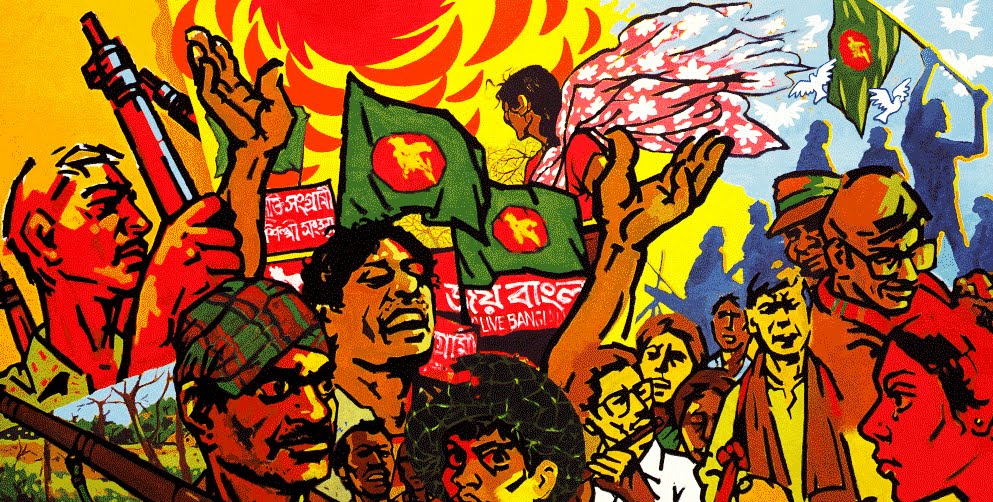AN INTERNATIONAL rights group has called for a freeze on arms supplies to Bangladesh in a bid to stop the elite anti-crime unit and other security forces using them for extralegal execution of crime suspects which violates human rights.
In a statement released Wednesday, Amnesty International said Bangladesh's government must act now and take what it called “concrete steps” to protect people from the alleged unlawful killings.
Bangladesh's police and elite anti-crime unit Rapid Action Battalion (RAB) continue to receive a wide range of military and police equipment from overseas, including from Austria, Belgium, China, Czech Republic, Italy, Poland, Russia, Slovakia and Turkey including United States.
"Any country that knowingly sends arms or other supplies to equip a force which systematically violates human rights may itself bear some responsibility for those violations."
The rights group has urged Bangladesh to stop its authorities from committing extrajudicial killings and other abuses that allegedly have continued despite government pledges to stop them.
Soon after coming to office, the Prime Minister spoke of a “zero tolerance” policy toward extrajudicial executions. These hopes were dashed in late 2009 when the authorities, including the Home Minister, began to claim that there were no extrajudicial executions in the country.
The London-based group's report singled out Bangladesh's elite Rapid Action Battalion, which stands accused of involvement in hundreds of killings and using torture against detainees.
Crimes unseen: Extrajudicial executions in Bangladesh also documents how the RAB justify these killings as accidental or as a result of officers acting in self-defense, although in reality many victims are killed following their arrest.
Amnesty International's Bangladesh Researcher Abbas Faiz said that nearly every week, the RAB shoots someone with the authorities saying the individual was killed or injured in “crossfire” or a “gun-fight.” Faiz said that regardless of the characterization, these incidents are suspected unlawful killings.
Amnesty International says the RAB has been implicated in the killing of at least 700 people since its inception in 2004. Two hundred of those cases allegedly occurred since 2009, despite Prime Minister Sheikh Hasina's pledge to end extrajudicial killings when her government came to power.
At least 200 alleged RAB killings have occurred since January 2009 when the current Awami League government came to power, despite the Prime Minister’s pledge to end extrajudicial executions and claims by the authorities that no extrajudicial executions were carried out in the country in this period, says Amnesty International.
Former detainees also told Amnesty International how they were routinely tortured in custody, suffering beatings, food and sleep deprivation, and electric shocks.
In May last, New York based Human Rights Watch urged Bangladesh to ban the controversial RAB for alleged extrajudicial executions and requested United States and European Union members from refraining capacity building of the government’s crime-fighter outfit.
Saleem Samad, an Ashoka Fellow is an award winning investigative journalist based in Bangladesh. He specializes in Jihad, forced migration, good governance and elective democracy. He has recently returned from exile after living in Canada for six years. He could be reached at saleemsamad@hotmail.com







